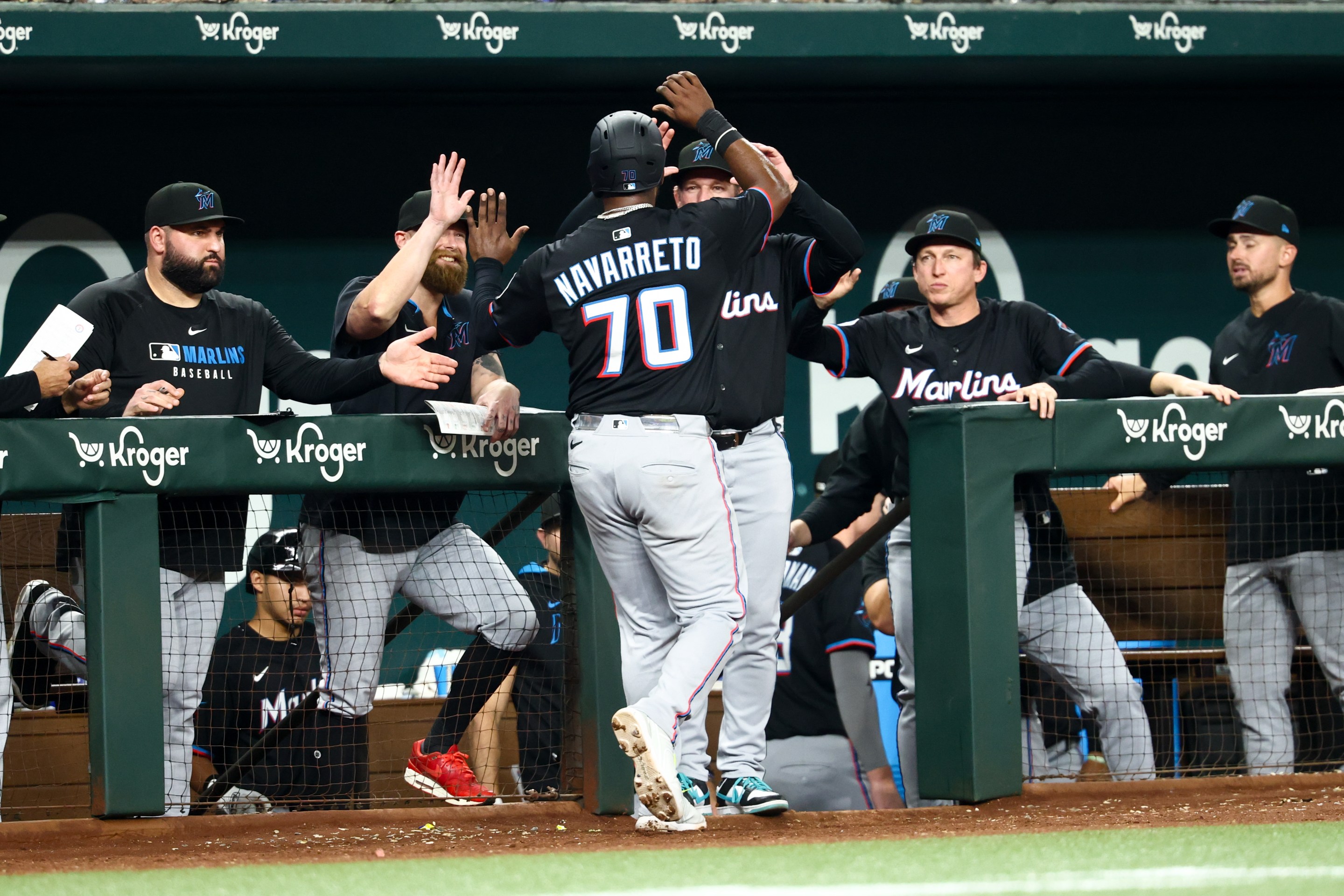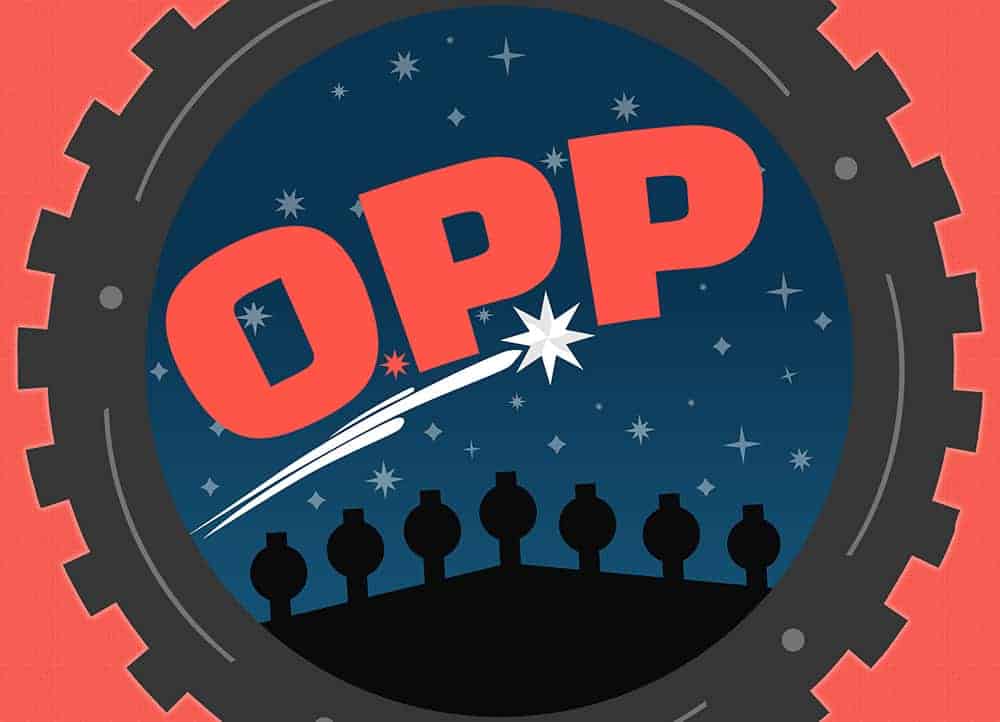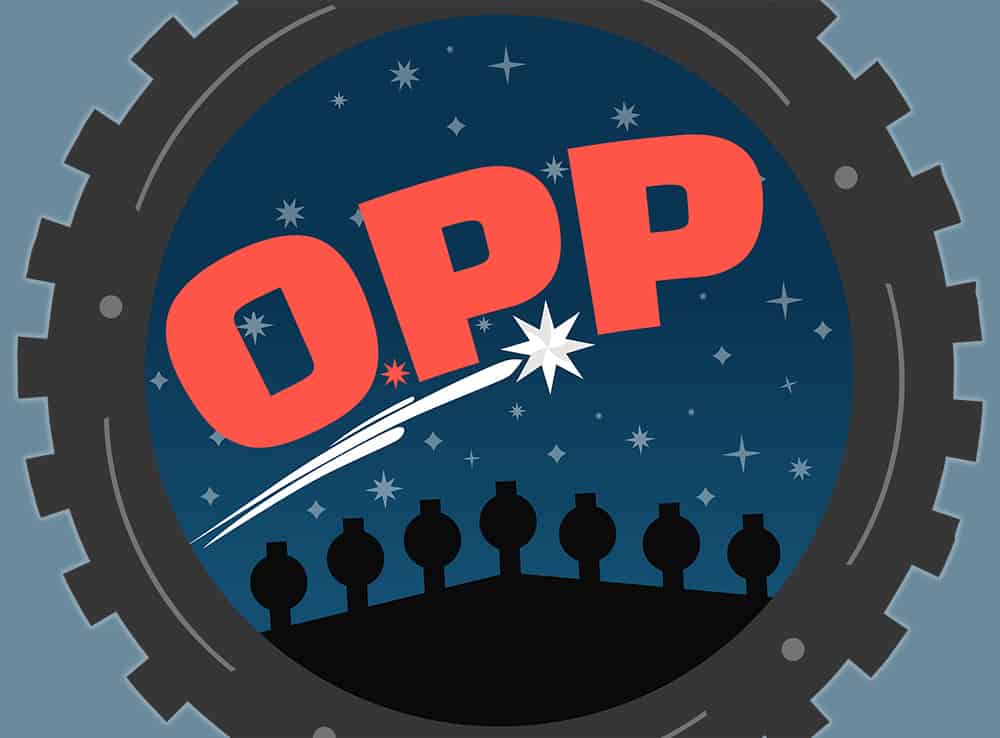Back when Major League Baseball and its Players Association agreed on a collective bargaining agreement last winter, I couldn't help but notice that it expired in 2021. There were major fault lines underneath the CBA that might make the next round of negotiations explosive, and in typical South Side luck, that's right when the White Sox rebuild is supposed to crest. Depending on your attitude, "2021" might be the source of great optimism or the answer to a grisly word problem.
A White Sox rebuild leaves the station in December 2016 heading north. At the same time, conditions for another baseball work stoppage depart from the station on the opposite end, heading south. Assuming the two travel at equal speeds, when will they crash, killing thousands in an apocalyptic blaze?
Jeff Passan at Yahoo Sports had one of the most pessimistic forecasts for labor relations then, and this winter's unprecedented sluggishness has only fueled his foreshadowing. He says while there may be various smaller reasons why many players remain unsigned -- Scott Boras controlling the top of the market and the luxury tax chief among them -- none of them should bring the entire market crashing to a halt, either individually or collectively.
Instead, he takes the lack of activity as a sign that the entire compensation process requires an overhaul:
What’s clear is the free-agent impasse represents a reckoning long in the making – one that marries shifting power in labor relations, the emergence of analytics and cookie-cutter front offices, and the willingness of teams to treat competitiveness as an option, not a priority. Combined, they pose the greatest threat to a quarter century of labor peace and have people at the highest level of the sport asking whether a game-changing overhaul in how baseball operates isn’t just necessary but inevitable.
“I’m just not sure that the structure that’s been in place for all of these years makes sense anymore,” one union official said. “Now, whether anybody is prepared to blow that up is a completely different question.”
“Of course it doesn’t make sense,” a league official concurred. “We pay you the minimum for three years and arbitration for three or four years, and then you get paid more in free agency for your decline?”
Given that Passan wrote the most wary take on the last round of CBA negotiations, it's possible that his receptors are oversensitive to signs validating his view. Either way, he successfully planted in my head the idea of a labor crash interfering with a White Sox upswing, just like it derailed the culmination of one in 1994.
From there, I've developed the idea that we're all trapped in a Groundhog Day/Quantum Leap scenario in which Jerry Reinsdorf has to end up being on the right side of a labor dispute before the Sox can make the playoffs in consecutive seasons for the first time in their mostly downtrodden 117-year history.
By "right side," I don't mean that he has to champion for the union. He'd just have to remain on the sidelines instead of being an easily traceable source of owner aggression like he was in the strike of 1994 or collusion in the 1980s.
That doesn't seem like a huge favor, but Reinsdorf angled for a fight as recently as 2014, when he was in a small group of owners trying to thwart Rob Manfred's ascension to the commissioner's office. That clash is easy to forget since Manfred's time in office has been a boon for the White Sox. His administration has yielded a hard cap for international spending to go along with the domestic draft pool system, both of which dramatically leveled those playing fields for the Sox, as Reinsdorf was averse to paying competitive prices for amateur talent (although Dave Wilder's kickback scheme justified part of his attitude).
So maybe these developments will contribute to Reinsdorf's ongoing public mellowing. 2005 offered a prime opportunity to rehab his image, and his sentimentality has often come to the forefront since. The White Sox try to highlight the incredible amount of loyalty he shows in his employees. Sure, it occasionally results in situations like Robin Ventura's awkward exit, but they're hoping you also remember Reinsdorf giving Jose Abreu a ring to commemorate his cycle.
Rick Hahn has tried to convince the public that Reinsdorf's mindset can't be assumed, noting his willingness to rebuild and everything that goes with it, including the penalty-flouting signing of Luis Robert.
"There's been a lot of things over the last year that perhaps may have surprised people or at the very least deviated from what people have perceived the way we would do things," general manager Rick Hahn said at the Winter Meetings. "There was certainly a notion that the Chicago White Sox would never rebuild. There was certainly the notion that the White Sox would never incur a substantial penalty or substantial tax in order to sign a player, as we did with Luis Robert.
"It was repeatedly written and reported, even a year ago at this time, that the White Sox would never make a trade with the Chicago Cubs. So we've repeatedly shown that what you've assumed about our actions in the past doesn't indicate how we're going to act going forward."
All of that is true, and so Reinsdorf has generated some benefit of the doubt when it comes to the unlikely actions of the future, such as the kind of megacontract that can complete a rebuild. Along the same lines, the hope here is that his grudging acceptance of a teardown means he can similarly act against his instincts when it comes to unrest during bargaining, especially should it come to pass as the on-field product starts to hit its stride.
A lot can change in two or three years, so I'm not sounding alarms as much as I'm pinning down thoughts that have rattled around in my brain over the last year, because Passan's column gave them a charge. If Reinsdorf once again subjects his franchise to extensive collateral damage in a labor war, not only will the fan-service stuff ring hollow ...
"As the owner of this team, I have an obligation to do what’s right for the fans. The real owner of a team is the fans, the owner is a custodian. I will be gone one day, but fans will still be there. So you got to run the team what’s right for the fans and not even think about how old I am."
... but he'll also have failed to address the biggest weakness in his ownership's legacy: the continued lack of anything resembling a White Sox golden age. Assuming his words mean something, that supposedly means everything.
"If half of these prospects turn out to be what they’re supposed to be, we’ll be able to contend for quite a while. If they all turn out to be what they’re supposed to be, we’ll have a super team.
“I would love to win another World Series, but what I really want is that when it’s time for me to leave, I want this team to be perennial contenders.
“That’s what I really want.’’






